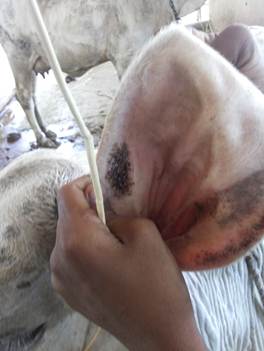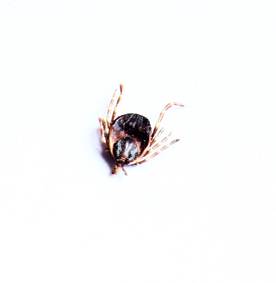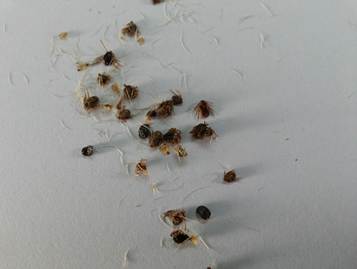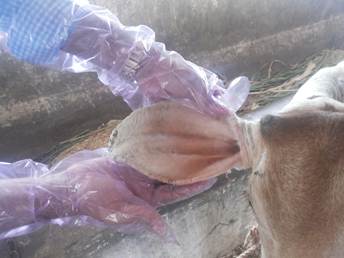Ministry of Science & Technology
Traditional therapies standardised for strengthening livestock health
प्रविष्टि तिथि:
19 NOV 2025 3:36PM by PIB Delhi
19th November, 2025: Technical knowhow of three unique traditional health practices has been incubated to harness their therapeutic potential in treating heath issues in livestock.
These involve management of ectoparasite infestation, enhancing milk production potential (Galactogogue properties) and prevention/treatment of retention of placental conditions among dairy animals.
India’s rich biodiversity-based wisdom, especially in indigenous livestock healthcare, offers sustainable alternatives to chemical and antibiotic treatments. NIF works to validate and incubate these practices, enabling their integration into the formal veterinary system and fostering the development of herbal, eco-friendly therapies.
With the growing demand for livestock products, ensuring food security, safety, and quality is crucial. The dairy sector, largely driven by women farmers, faces recurring challenges such as tick infestations, retained placenta, and nutritional deficiencies, all of which reduce productivity and income.
Traditional health practices, refined through generations, hold great promise.
The National Innovation Foundation-India (NIF), an autonomous institute of the Department and Science and Technology (DST) recognize grassroots innovations and traditional knowledge practices across the country scientifically evaluates and commercializes these indigenous remedies and bridges traditional wisdom and modern science—offering sustainable, affordable solutions for livestock health and rural livelihoods.


Fig 1: Tick-infested site on an animal Fig 2: Hard tick (Ectoparasite)
NIF-India, recognised, shared and sustained technologies for management of ectoparasite infestation, enhancing milk production potential (Galactogogue properties) and prevention/treatment of retention of placental conditions among dairy animals by outstanding traditional knowledge holders from regions of Odisha and Bihar. Development of technologies involved identification of novel herbal practices which can meet industrial requirements through product refinement. The minimum dosage and cost were standardised, efficacy was enhanced and safety was ensured.
The institute interfaced with Rakesh Health Care India Private Limited, Gujarat a pharmaceutical industry to bring three unique herbal product(s) into market. The industry is a leading manufacturer in the field of herbal veterinary medicines for livestock health care and has commercial expertise in field. The industry had observed the working mechanism, dosage and efficacy of three technologies. Thereupon, NIF-India and Rakesh Health Care India limited had entered into technology license agreement for enabling commercialization of these technologies. Demonstration of scientific rationale in terms of dosage, enhanced efficacy and safety standards led to industrial collaboration.

Fig 3: Ectoparasites affecting livestock

Fig. 4: Effective control of a tick-infested site with indigenous technology
It is well known that cost effective, sustainable technologies are increasingly in demand due to appreciable single drug related limitations such as development of resistance and drug residues. Indigenous medications can meet these requirements and have the ability to meaningfully address environmental challenges. Indigenous knowledge system can fill therapeutic void and augment development of medicinal products which are sustainable, affordable, reduce, potential health harms.
****
NKR/AK
(रिलीज़ आईडी: 2191663)
आगंतुक पटल : 704